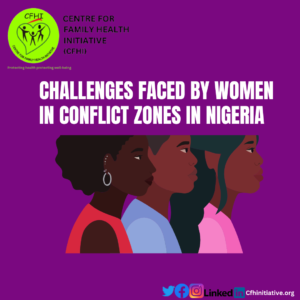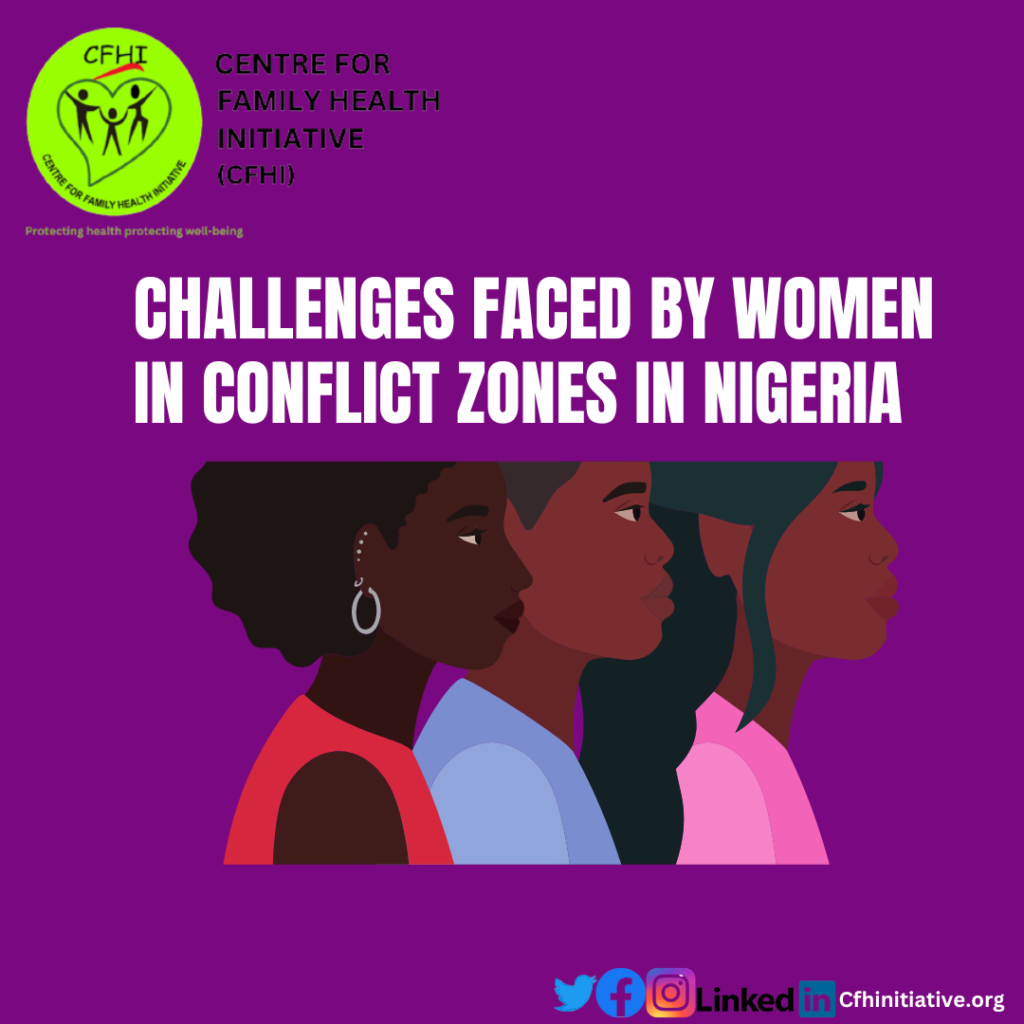Women in Nigeria’s crisis zones face several problems, which are frequently exacerbated by deep-seated gender bias. Armed conflicts and violence have had devastating effects various communities in Nigeria, with women bearing the brunt of the burden. These difficulties are frequently made worse by gender-based discrimination and biases that pervade numerous facets of their lives.
One of the most significant challenges faced by women in conflict zones is exposure to various forms of gender-based violence. Research by the United Nations indicates that women in Nigeria’s conflict zones are at higher risk of experiencing sexual violence, domestic abuse, forced marriages, and human trafficking. In conflict zones, societal norms and the rule of law frequently break down, allowing offenders to get away with crimes. The difficulties faced by survivors of gender-based violence are further worsened by their limited ability to access justice and their lack of access to safe spaces.
In addition, due to gender bias, women in conflict zones suffer barriers to receiving sufficient healthcare and reproductive rights. World Health Organization reports that women’s access to reproductive healthcare, including prenatal care, family planning, and safe delivery, is hampered by destroyed infrastructure, disrupted healthcare services, and cultural barriers. This lack of access jeopardizes women’s health and well-being, contributing to higher rates of maternal and new-born mortality. Furthermore, gender prejudices may hinder women’s rights in making reproductive health decisions, restricting their choices and control over their bodies.
Women in conflict zones in Nigeria suffer displacement, limited decision-making capacity, gender-based violence and discrimination, limited access to education and healthcare, and economic disempowerment, all of which are intensified by deeply embedded gender prejudices.
To address these issues, a complete approach that encompasses dispute resolution, protective measures, access to vital services, economic possibilities, and gender-responsive policies is required. The Nigerian government and stakeholders can cultivate resilience, promote gender equality, empower women, and create conditions for long-term peace and development by emphasizing the needs of women in conflict-affected areas.
Speak Wednesday is an initiative of CFHI to address issues around gender-based violence and gender bias.
#SpeakWednesday #WomenInConflictZones #Women’sRights #HumanRights #GenderStereotype #GenderBias #GenderInequality


